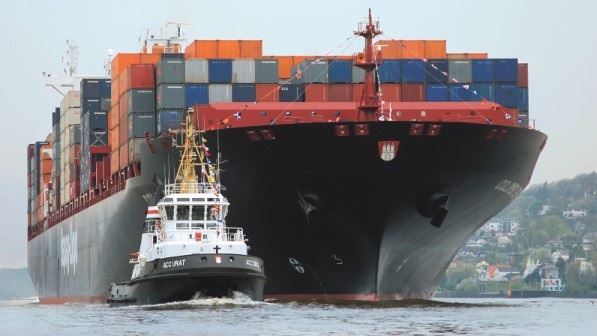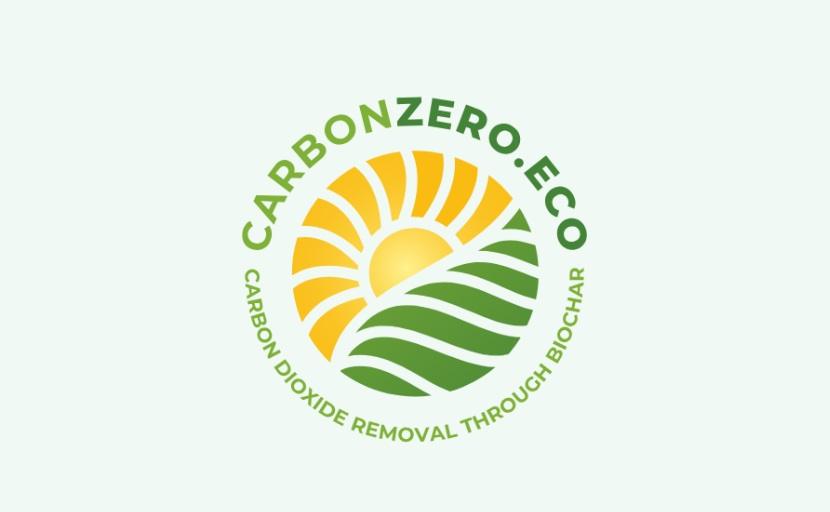DHL Decarbonizes all LCL Ocean Freight Shipments
Logistics giant Deutsche Post DHL Group’s air and ocean freight business DHL Global Forwarding announced today that it has neutralized the carbon emissions of all less-than-container load (LCL) ocean freight shipments since January 2021.
As companies globally increasingly aim to reduce the climate impact of their supply chains, the sustainability profile of ocean shipping is coming under growing scrutiny. According to the European Maritime Safety Agency, shipping accounts for 3% of global greenhouse gas emissions and contributes to air pollution close to coastal areas and ports.
The company’s GoGreen Plus service provides shippers the option of climate-neutral shipping through investments in internationally recognized climate protection projects to offset emissions generated during transport. The service aims to provide emissions reductions through carbon “insetting”, enabling shippers to replace conventional fossil fuels with sustainable fuel. Earlier this year, DHL Global Forwarding announced that it is expanding the service to air freight.
GoGreenPlus is part of the Group’s sustainability roadmap for 2030, launched last year, and contributes to the sub-target of having at least 30% of fuel requirements covered by sustainable fuels. As part of the roadmap, the company is also planning on investing €7 billion in opex and capex over the next ten years to reduce CO2 emissions.
DHL’s Global Head of Ocean Freight at DHL Global Forwarding Dominique von Orelli said that the company has decided to continue the decarbonization of all LCL shipments through GOGreen for customers at no extra costs.
Von Orelli said:
“We are now providing our LCL GoGreen Plus service to more than 2,500 customers, supporting their carbon emission goals without extra costs. This marks an important step for us at DHL Global Forwarding and validates that we are on the right track in driving sustainable logistics solutions in the maritime sector to contribute to climate protection.”
DHL stated that it has reduced over 36,300 tons of all direct emissions from vehicle operation (“Tank-to-Wheel”) for all LCL ocean freight shipments port-to-port by using sustainable marine fuels (SMF). Additionally, 52,800 tons of all direct and indirect emissions, also including fuel provision emissions (“Well-to-Wheel”) related to pick-up and delivery have been compensated with offsetting over the last year.





